Black Hawaiian Sea Salt: The Funky Volcano Flavor You Never Knew You Needed!
If you thought salt was just for making food salty, then let’s get one thing straight — you haven’t met Black Hawaiian Sea Salt. This isn't your average shaker stuff. It's volcanic, mysterious, and tastes like it came from a beach party on an island made of flavor.
Contents
- What Is Black Hawaiian Sea Salt Anyway?
- Why This Salt Rocks Harder Than Your Favorite Guitar solo
- How to Use Black Hawaiian Sea Salt Like a Flavor Alchemist
- Pro Tips: Cooking With This Smoky Rockstar
- Buying Guide: Finding the Real Deal (No Tourist Trinkets Here)
- Table Time: Comparing Salt Types
- Myth Busting: Let’s Clear the Fog Around This Volcanic Salt
- Fun Facts That’ll Make You the Saltiest One at the Table
- Final Sprinkle: Why This Salt Deserves a Spot in Your Spice Cabinet
🌊 What Is Black Hawaiian Sea Salt Anyway?
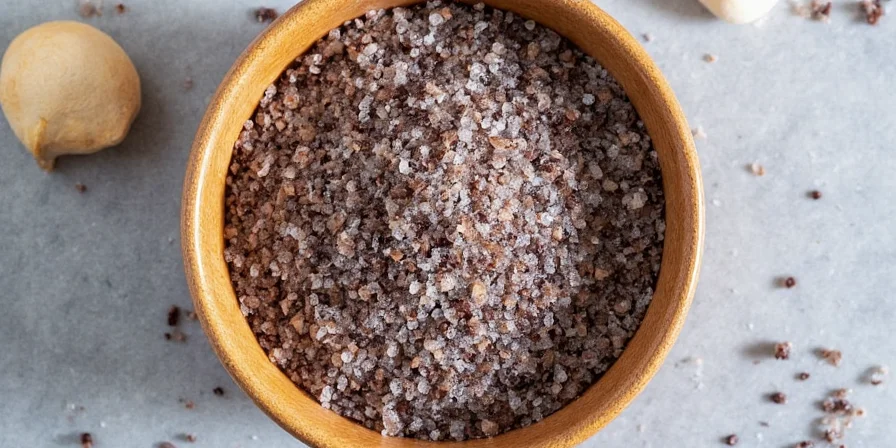
Black Hawaiian Sea Salt is harvested near the volcanic coasts of Hawaii, where seawater meets molten lava. Yep, seriously. The salt gets its striking obsidian color and rich mineral content from activated charcoal (yes, that detox stuff) found naturally in the lava-cooled environment.
Unlike table salt, which has been stripped of its minerals, this salt retains trace elements like magnesium, potassium, and calcium — making it both nutritious and deliciously complex in flavor.
🔥 Why This Salt Rocks Harder Than Your Favorite Guitar Solo

Here’s why Black Hawaiian Sea Salt deserves a solo spot on your spice shelf:
- Natural detoxifier: Thanks to the activated charcoal, it may help bind toxins and aid digestion.
- Low sodium impact: Less processed = less harsh on your blood pressure.
- Vibrant visual flair: That dark color elevates any dish instantly. Toasted avocado? Sprinkle this bad boy and boom — gourmet look.
- Smoky flavor boost: It carries a subtle earthiness that makes grilled meats and veggies sing.
🍴 How to Use Black Hawaiian Sea Salt Like a Flavor Alchemist
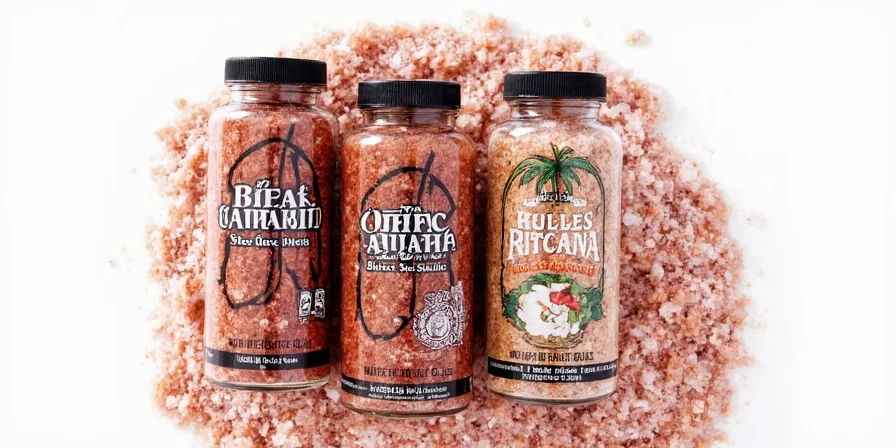
This salt isn’t just a seasoning; it’s a secret weapon. Here are some fun ways to put it to work:
- Garnish game strong: Sprinkle over deviled eggs, avocado toast, or even chocolate desserts for contrast.
- Meat magic: Rub onto steaks or grilled chicken before cooking for a smoky edge.
- Cocktail rimming: Mix with citrus zest and use as a rim for margaritas or bloody marys.
- Popcorn upgrade: Toss freshly popped kernels with melted butter and a pinch of this salt. Movie night never tasted so good.
💡 Pro Tips: Cooking With This Smoky Rockstar
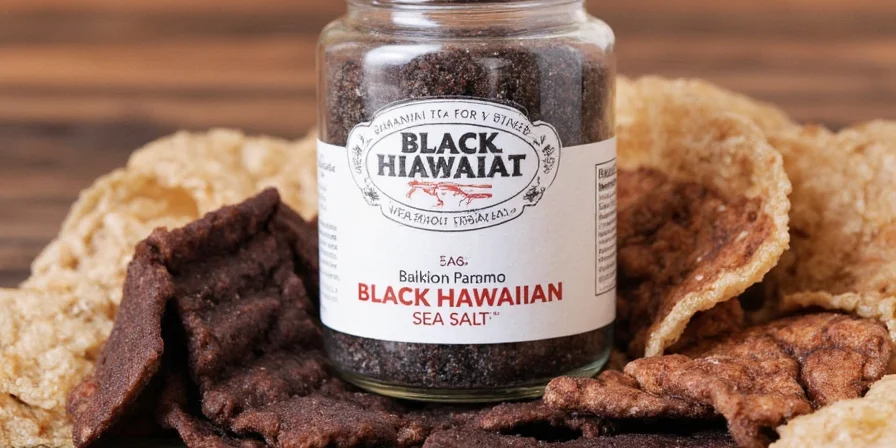
- Don’t overdo it: A little goes a long way due to its intense color and bold flavor.
- Add at the end: Best used as a finishing salt to preserve its texture and smoky aroma.
- Pair smart: Works best with bold flavors like citrus, chili, garlic, and fresh herbs.
- Store dry: Keep it in an airtight container away from moisture to avoid clumping.
- Grind it up: Use a ceramic grinder or mortar and pestle for finer application.
🛒 Buying Guide: Finding the Real Deal (No Tourist Trinkets Here)
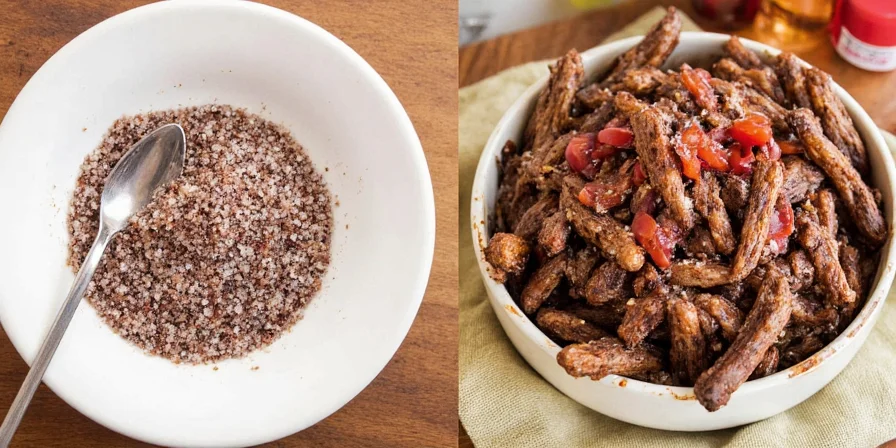
You’re not buying salt — you’re buying volcanic elegance. So here’s how to pick the right one:
- Look for purity: Check the label for “unrefined” and “no additives.”
- Avoid cheap imitations: Some brands mix in regular salt or artificial coloring. Read labels carefully.
- Buy local if possible: Authentic Hawaiian producers will often mention the island source (like Kona or Big Island).
- Texture matters: Should have a coarse, crunchy feel, not powdery like table salt.
- Price point: If it’s super cheap, it’s probably not real. Expect to pay $8–$15 per small jar.
⚖️ Table Time: Comparing Salt Types
| Salt Type | Source | Texture | Flavor Profile | Best For |
|---|---|---|---|---|
| Black Hawaiian Sea Salt | Hawaii (volcanic coast) | Coarse & crunchy | Earthy, smoky, slightly briny | Garnishing, grilled dishes, cocktails |
| Pink Himalayan Salt | Himalayas | Crystalline, varied | Mild mineral sweetness | Salting meats, grilling, lamps |
| Fleur de Sel | France (Atlantic Coast) | Delicate flakes | Briny, delicate | Finishing seafood or desserts |
| Kosher Salt | Various (man-made) | Large granules | Neutral salinity | Curing, baking, everyday use |
| Table Salt | Refined from sea/mines | Fine powder | Bland, sharp saltiness | General cooking |
🧼 Myth Busting: Let’s Clear the Fog Around This Volcanic Salt
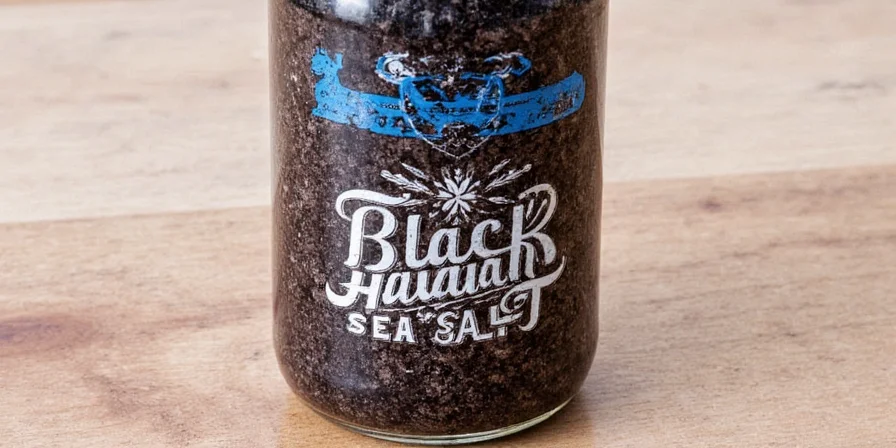
There’s a lot of buzz about Black Hawaiian Sea Salt, but not all of it is accurate. Let’s bust a few myths:
- Myth: It cleanses your soul.
Reality: While it contains activated charcoal, it’s not a magical detox pill. Eat it responsibly and enjoy its benefits, but don’t expect enlightenment. - Myth: It helps you lose weight.
Reality: No scientific evidence supports salt as a weight-loss tool. Enjoy it for flavor, not fitness. - Myth: It’s rare and hard to find.
Reality: With online access, it’s easier than ever to get high-quality versions without flying to Maui. - Myth: More is better.
Reality: Too much salt can be unhealthy. Use it like you would any gourmet seasoning — sparingly.
🧠 Fun Facts That’ll Make You the Saltiest One at the Table
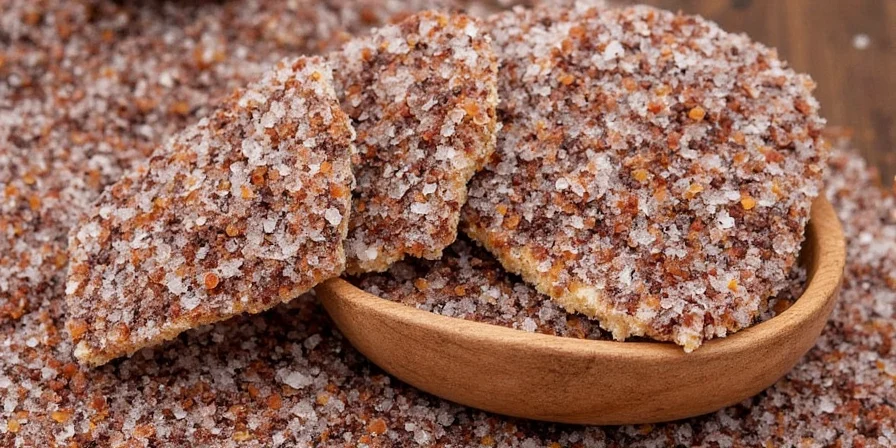
- The natural charcoal content gives it both its color and mild detox properties.
- It takes over 3 weeks to evaporate enough seawater to produce a single pound of this salt!
- Used traditionally by Hawaiians to purify and preserve food before refrigeration.
- It pairs surprisingly well with dark chocolate — try it sometime!
- In ancient Hawaii, salt was considered sacred. Warriors used it to bless their weapons before battle.
- The tiny trace minerals give it a flavor profile more complex than most other salts.
- It’s also known as “Pele’s Salt,” named after the Hawaiian goddess of volcanoes.
🎉 Final Sprinkle: Why This Salt Deserves a Spot in Your Spice Cabinet
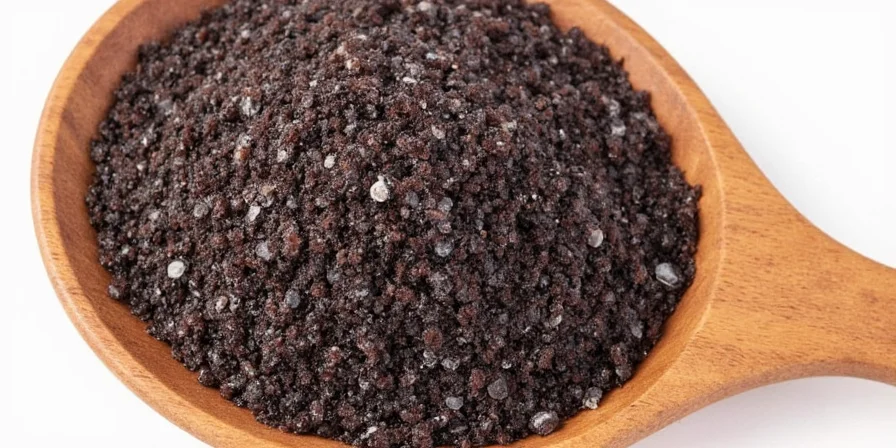
Black Hawaiian Sea Salt is more than a trend — it’s a flavor experience. Whether you're a culinary pro or a weekend griller, this volcanic marvel adds depth, drama, and a punch of natural goodness to every dish.
So go ahead — open that jar, sprinkle like you mean it, and let your taste buds travel to a tropical island kissed by fire.

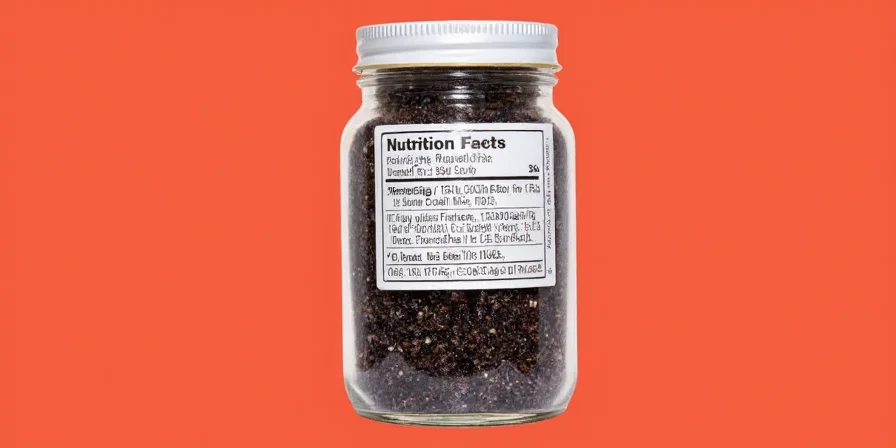









 浙公网安备
33010002000092号
浙公网安备
33010002000092号 浙B2-20120091-4
浙B2-20120091-4